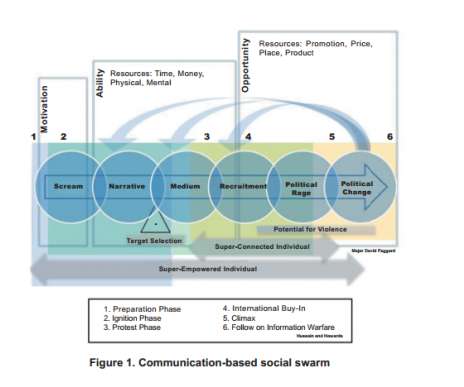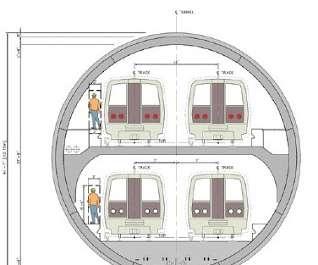State of the Nation - a UK Perspective on Covid-19
Disaster Planning and Emergency Management
OCTOBER 23, 2020
Since the start of the crisis, I have constantly affirmed that the key to understanding the effects of this pandemic is the UK Government's failure to give adequate weight to emergency planning and management (Alexander 2020a, 2020b). There were major exercises on pandemics in 2005, 2007 and 2016.












Let's personalize your content